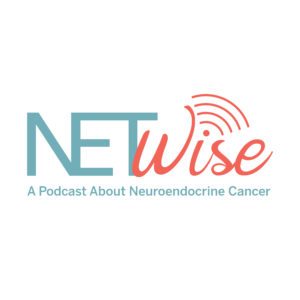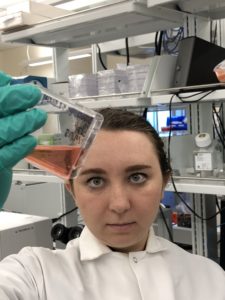
New NETWise Podcasts on NET Sites
Beginning in August, the NETWise podcast is putting together primary site-specific episodes. NETs can arise almost anywhere in the body, but most start in the gastrointestinal tract, lung, and pancreas.
Make a gift before the end of the year to drive research breakthroughs in 2026.

Beginning in August, the NETWise podcast is putting together primary site-specific episodes. NETs can arise almost anywhere in the body, but most start in the gastrointestinal tract, lung, and pancreas.

Brian Bowe has weathered many storms: changes in his career, his marriage, and a tragic mass shooting. Looking back, he says one step helped him most in his recovery from neuroendocrine cancer: attending a support group.

NETRF Annual Report 2019 looks at scientific milestones and educational innovations. It includes stories about some of the people who have supported us to fund more research projects than ever before and offer new ways to learn about NETs.

Results find delays in care and treatment, fear of exposure to COVID-19 The Neuroendocrine Tumor Research Foundation (NETRF) recently surveyed NET patients and caregivers about

Recognizing the mental and emotional stresses of living with cancer during COVID-19 and limiting the impact on your thoughts, behavior, and mood.

Tom Bajoras, a West Coast musician is taking advantage of gaps in his schedule to compose music to support his and your journey with NETs.

A new phase III clinical trial called COMPETE (NCT03049189 ) compares everolimus, an oral targeted therapy, to PRRT with Lu-177 edotreotide, a radiopharmaceutical under development,

Following the loss of a loved one, holiday traditions may be more painful than joyful. Many things can trigger memories that seem to amplify your

Approximately 20% of all primary lung tumors are neuroendocrine (Hung 2019), including: Typical carcinoid (TC) Atypical carcinoid (AC) Small cell carcinoma (SCC) Large cell carcinoma

NETRF & Broad Institute Work to Fill Research Void The lack of publicly available, reliable NET cell lines is a barrier in neuroendocrine tumor research,